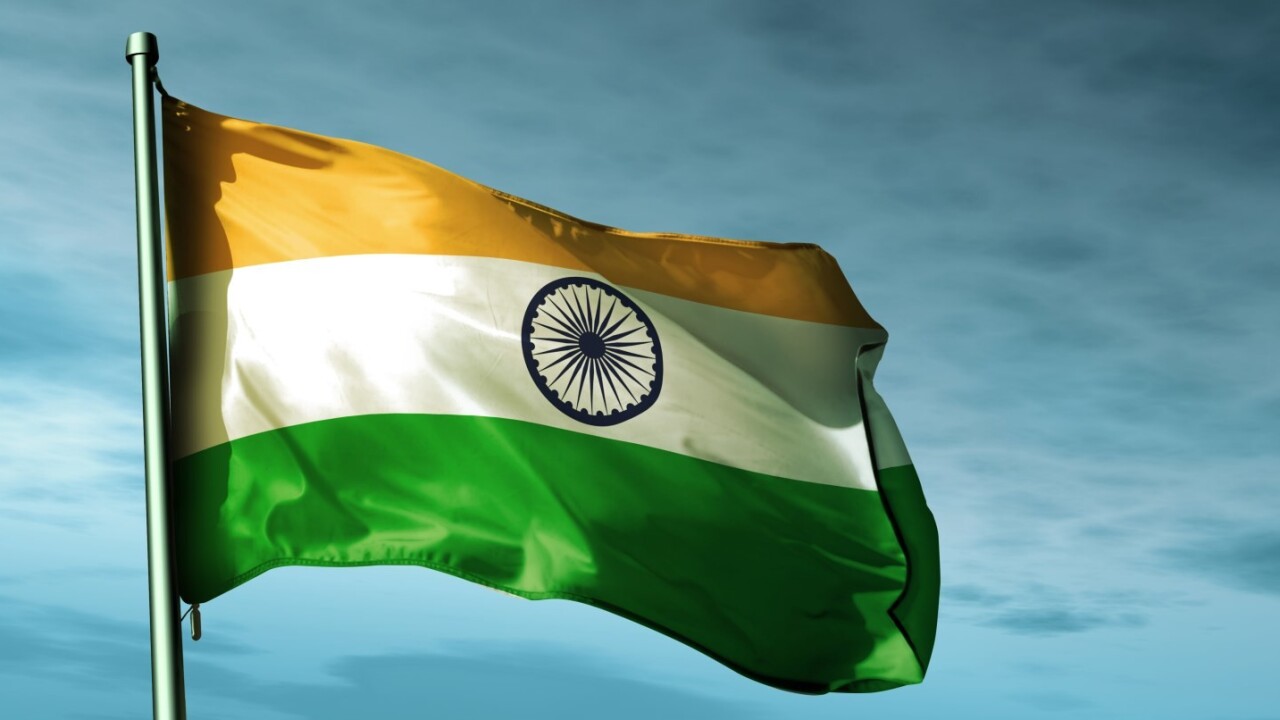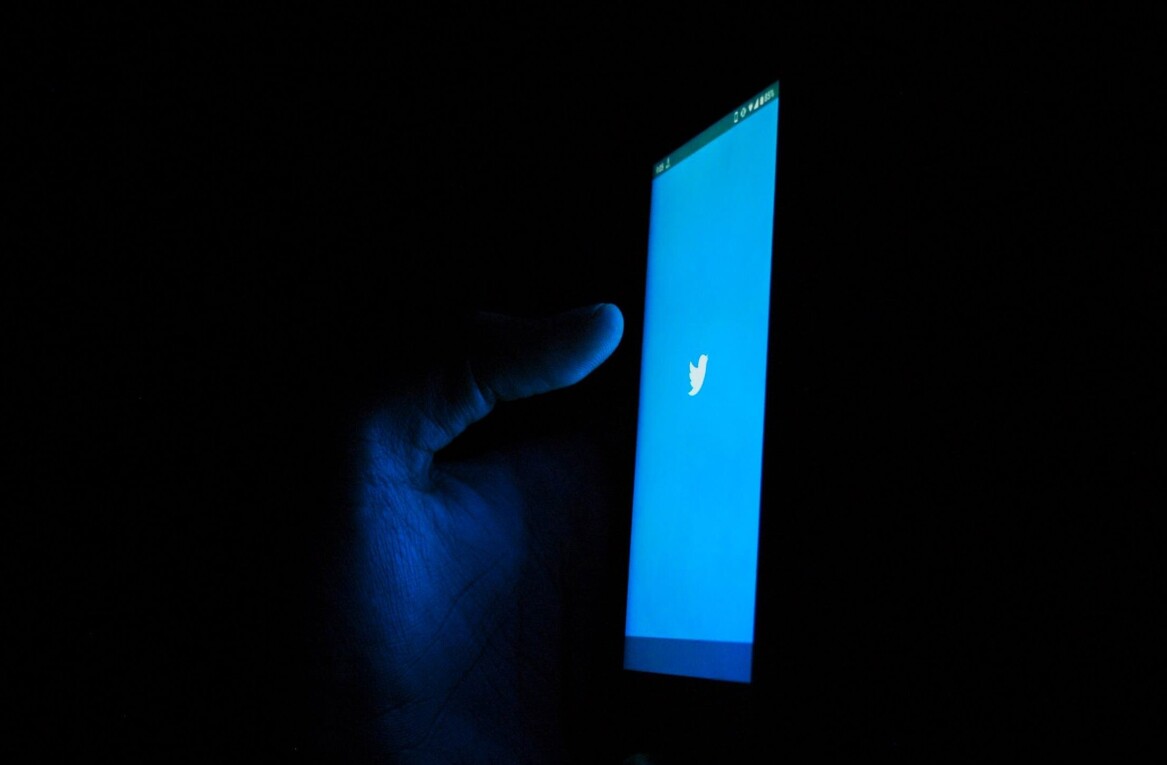
The Indian government has a penchant for turning off internet access whenever it suits the needs of those in power, whether it’s to prevent citizens from organizing protests, to supposedly maintain law and order in states that are home to separatist forces or even to keep students from cheating on their exams.
It’s been happening more frequently over the past few years, having increased from three shutdowns across large areas (sometimes entire states) in 2012 to 30 last year, according to the Software Freedom Law Centre in New Delhi.
How bad does it get? The northern state of Jammu & Kashmir, which has been in a state of unrest for several years, saw mobile internet services suspended for six months last year. The Brookings Institution, an American think tank, said that these blackouts cost India nearly $1 billion in 2015-16, the highest among 19 countries it surveyed during that time.
Not only do these shutdowns mostly fail to keep people safe in troubled times, it could also make them more vulnerable to dangerous actors, as it cuts them off from sources of helpful information about emergency services and secure locations, as well as from communication with their loved ones.
The Internet Freedom Foundation, which previously successfully championed the cause of net neutrality in India recently, has launched Keep Us Online, a new campaign to end government-initiated internet blackouts.
Its site offers information about the dangers of shutdowns, as well as a petition addressed to the Indian prime minister to request that this act be condemned and prevent state governments from enforcing them in the future. If, like me, you believe that internet blackouts do more harm than good, click here to read the FAQ about it, and then head to this page to view the full text of the petition and add your signature to it.
Get the TNW newsletter
Get the most important tech news in your inbox each week.




